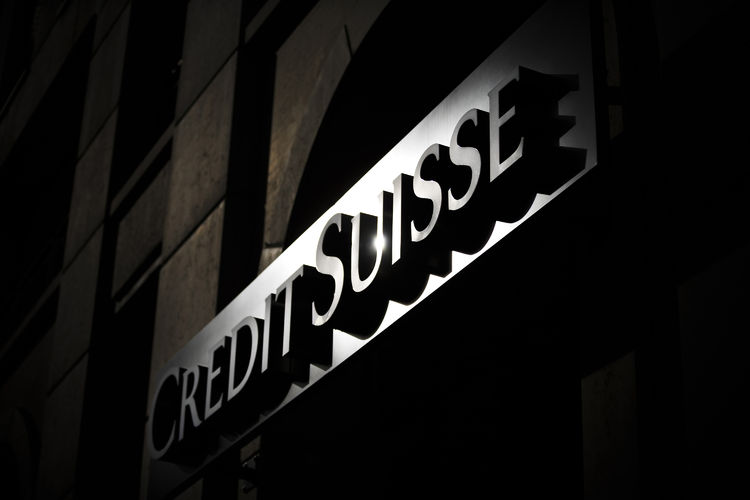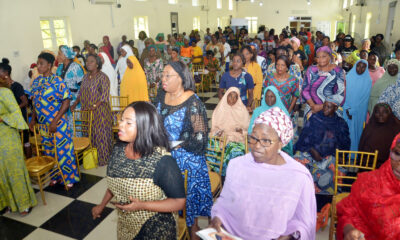- Singapore Fines Credit Suisse
Singapore fined Credit Suisse Group AG and United Overseas Bank Ltd. a total of S$1.6 million ($1.2 million) as regulators completed a two-year review of banks involved in fund flows linked to 1Malaysia Development Bhd., or 1MDB.
Credit Suisse was fined S$700,000 while UOB has to pay S$900,000 for breaches of anti-money laundering requirements and control lapses, the Monetary Authority of Singapore said in a statement Tuesday. The regulator also issued lifetime bans against former employees of Falcon Private Bank Ltd. and BSI Bank Ltd., which were shut down in Singapore last year.
“The two-year-long 1MDB-related review holds key lessons for both MAS and financial institutions in Singapore” following “abuses” linked to 1MDB fund flows, Ravi Menon, managing director at the Monetary Authority of Singapore, said in the statement. “The price for keeping our financial center clean as it grows in size and inter-connectedness is unstinting vigilance.”
Singapore has vowed stronger action after the central bank found anti-money laundering lapses at financial-services companies linked to 1MDB. Singapore also previously banned former Goldman Sachs Group Inc. banker Tim Leissner over breaches linked to 1MDB.
The investment fund controlled by the Malaysian government has consistently denied wrongdoing. It’s at the heart of multiple investigations across the globe as authorities probe whether money flowed through and around 1MDB, and illegally into personal accounts. A Malaysian parliamentary committee identified at least $4.2 billion in irregular transactions, some of which U.S. prosecutors allege landed in Prime Minister Najib Razak’s personal bank account. Najib has denied wrongdoing.
Singapore has so far imposed a total of S$29.1 million in financial penalties on eight banks, including DBS Group Holdings Ltd., UBS Group AG, Coutts & Co. and Standard Chartered Plc, in relation to 1MDB. The MAS also issued orders banning four former bank employees individuals from financial activities, and has notified another three individuals of its intention for similar action ranging from three to six years.
Credit Suisse issued a statement saying it regretted that it had fallen short of MAS and its own standards, noting that the regulator’s review had found no pervasive anti-money laundering control weaknesses.
UOB, Singapore’s third-largest lender, said it accepted the MAS’s findings, adding that it will continue to build on its AML processes. Both will donate profits that came from the lapses to charities, they said.
The MAS in March banned Leissner, the former Goldman banker, from the city’s securities industry for 10 years, and said it was going to issue lifetime prohibition orders against Jens Fred Sturzenegger, Falcon’s former Singapore branch manager, Yak Yew Chee, an ex-employee of BSI in Singapore, and a 15-year ban against another BSI banker, Yvonne Seah Yew Foong. The MAS officially announced those penalties today. Seah is now known as Seah Mei Ying, according to the regulator’s statement.
The MAS also said it intended to issue prohibition orders against former Maybank Kim Eng Securities Pte representative Kelvin Ang Wee Keng, NRA Capital Pte’s Chief Executive Officer Kevin Scully, and its former head of research Lee Chee Waiy.
The three were involved in the valuation process of PetroSaudi Oil Services Ltd., which has been previously linked with 1MDB.


 Forex2 weeks ago
Forex2 weeks ago


 Naira2 weeks ago
Naira2 weeks ago
 Naira4 weeks ago
Naira4 weeks ago
 Company News4 weeks ago
Company News4 weeks ago
 Billionaire Watch1 week ago
Billionaire Watch1 week ago




 Naira2 weeks ago
Naira2 weeks ago




 Naira4 weeks ago
Naira4 weeks ago




 Naira1 week ago
Naira1 week ago





















